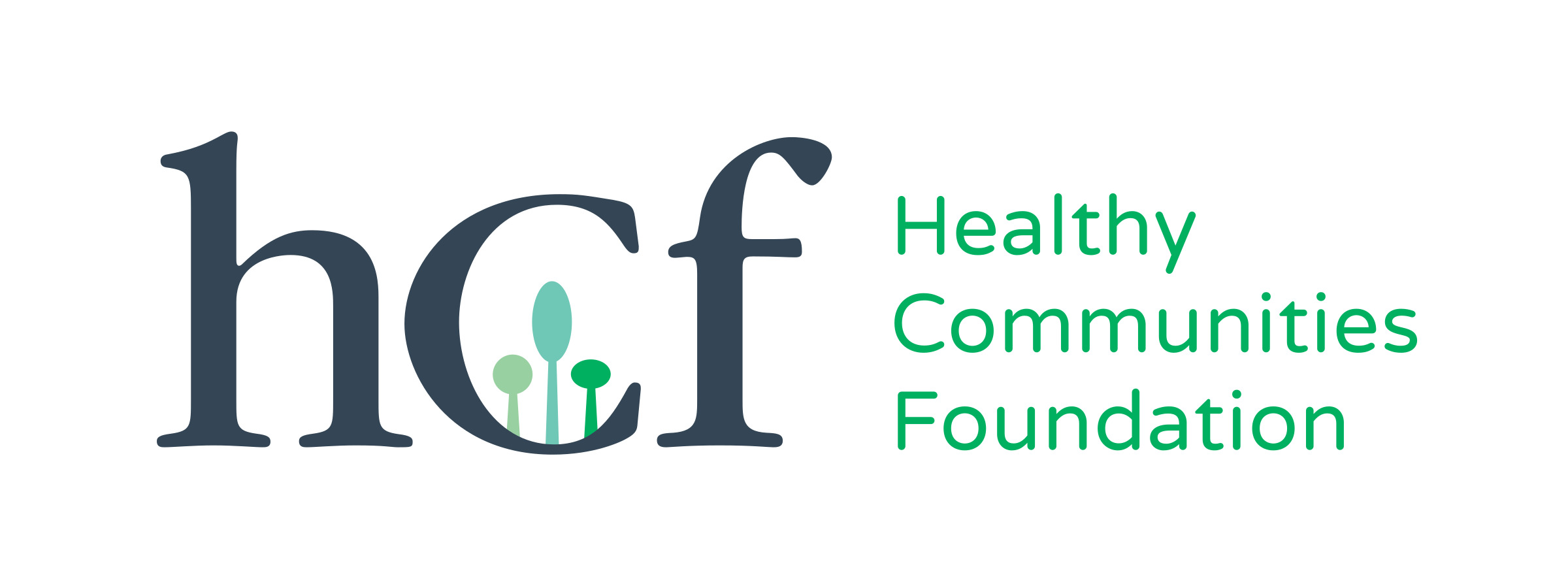General Operating Support
Since 2018, most of our grantmaking has gone to flexible, unrestricted support, which partners can use how and where they need it most. We seek to resource organizations and community-led efforts that address the root causes of inequitable health outcomes, not just the symptoms.
Evolving Our Approach
We understand that our impact as a foundation ultimately rests on the strength of organizations and leaders working to improve health locally, given that our communities have been disproportionately affected by multiple public health crises since 2020. Flexible resources help nonprofit organizations address emerging issues, invest in staff and infrastructure, and meet other needs.
Historically, we have supported efforts that address immediate health concerns in our service region and longer-term efforts to address the root causes of health inequities. Guided by local health data and partner insights, we are refining our grantmaking to improve the conditions that influence health, amplify community voices in leadership and decision-making, and strengthen the networks of care that are needed to create healthier, more equitable futures.
Achieving health equity requires taking the long view. We believe that those most impacted by challenges are closest to the solutions, and that building community leadership and power is key to improving access to local health resources. But, our values remain the same: we center community, respond to the moment, and strengthen the relationships necessary to ensure everyone in our region can thrive.
Health equity is more than having access to health care. It means supporting the resilience and reimagination of health, housing, food, and other systems that shape daily life, so they truly support healthy communities.
Our Multi-Year Partnerships
In 2024, we launched 5-year general operating grant partnerships with 32 organizations, many of whom received a prior multi-year award for their role in COVID response and recovery in the region. We recognize systemic change takes time, and organizations need stability to plan, grow, and address the deep-rooted factors that shape community health.
These organizations connect health with other key community issues that influence it, like housing, mental health, and civic engagement, and closely align with our mission. The 2024-2029 grantee partners bring a range of strategies to the table, showing that there is not just one way to create healthy communities. Together, they lead sustained efforts to change the systems and conditions that affect community health, from policies and practices to the everyday resources people rely on to live well.
32
Partner Organizations Funded
$4,450,000
Total Grants Awarded in 2025
$22,250,000
Total 5-Year Grant Commitment
78%
of Partners Serve
Legacy & Equity Zip Codes
Annual Grantmaking
Through 2025, the Healthy Communities Foundation held an open-call annual grant cycle to advance health equity across the region. These one-year grants support organizations addressing critical community health needs and have been an important part of our learning.
37
Partner Organizations Funded
$1,785,000
Total Grants Awarded in 2025
59%
of Partners Serve
Legacy & Equity Zip Codes

*Green areas represent our Legacy & Equity Zone
Our Service Region
Geographic Focus
- Legacy & Equity – Partners that primarily serve communities in Chicago and western Cook County suburbs that experience the greatest health inequities in our region and have been disproportionately impacted by the pandemic and other public health crises and economic strain.
- Regional – Partners that serve communities across our entire service region.
- Suburban Regional – Partners that primarily serve our region’s communities in west suburban Cook County.
*Green areas represent our Legacy & Equity Zone
2024-2029 Partners
Partner Count
No Data Found
No Data Found
Funding Amount
No Data Found
No Data Found
2025 Partners
Partner Count
No Data Found
No Data Found
Funding Amount
No Data Found
No Data Found

